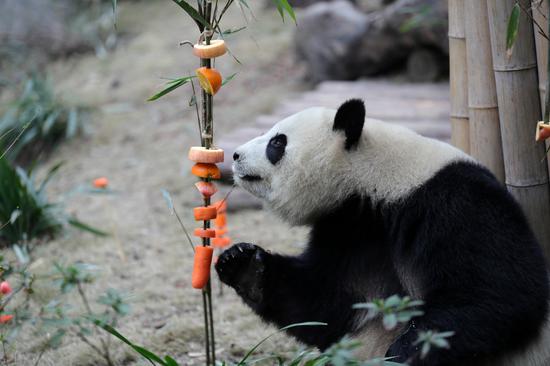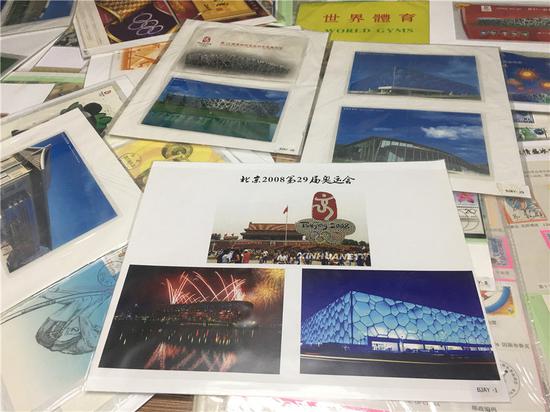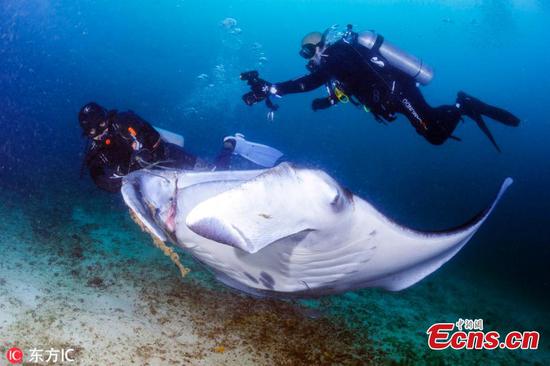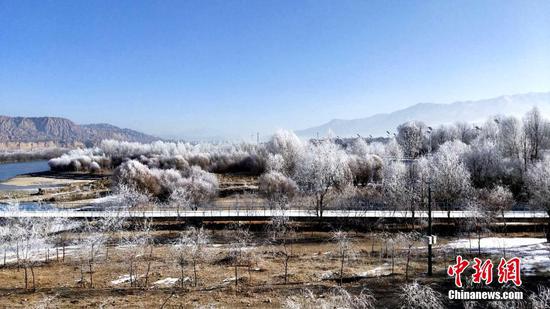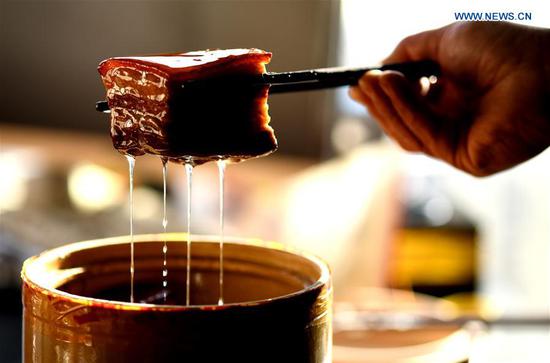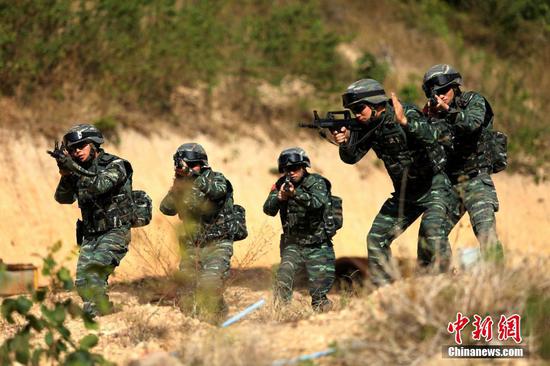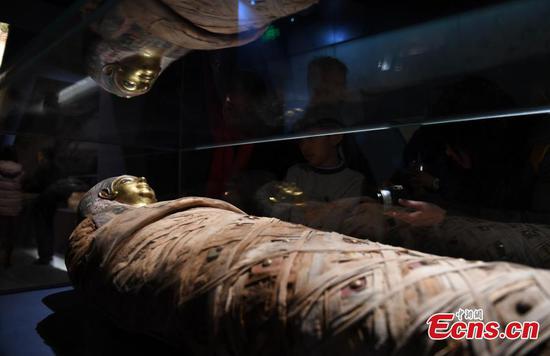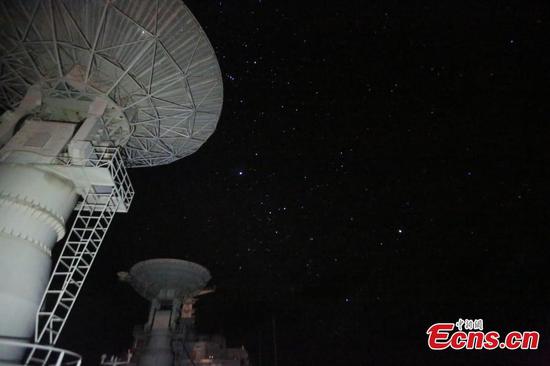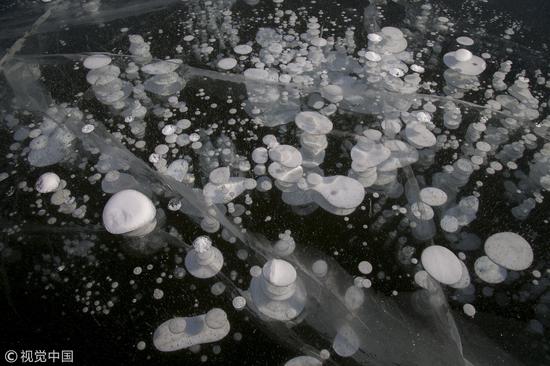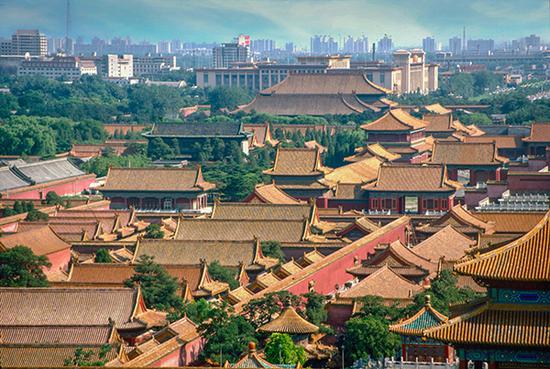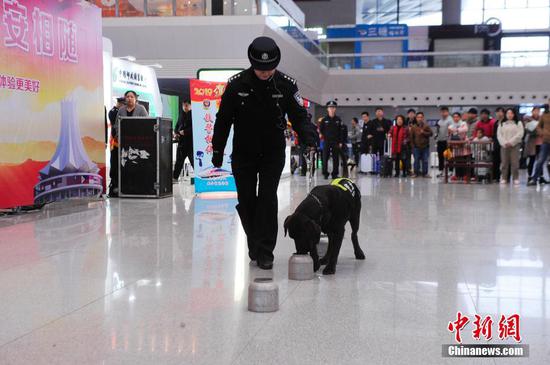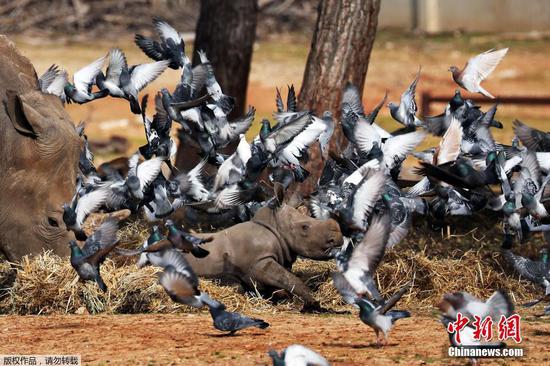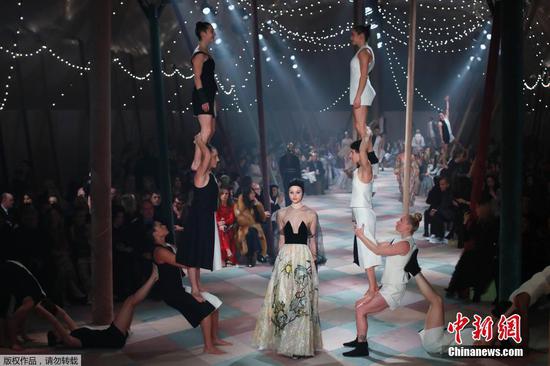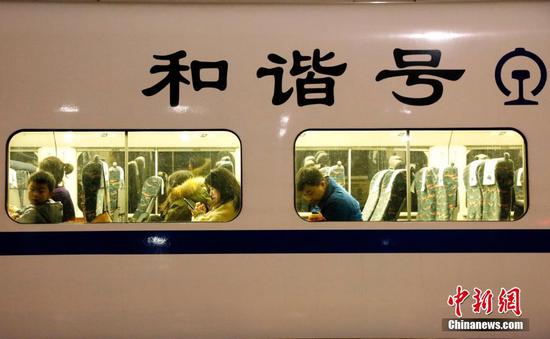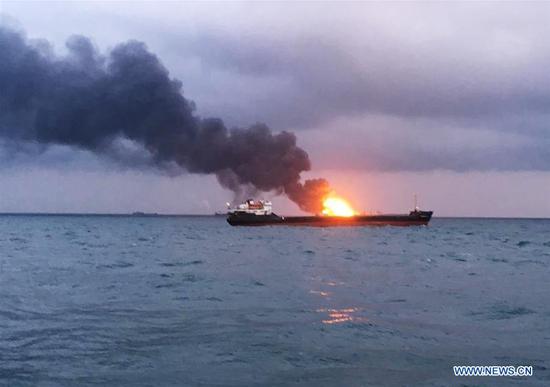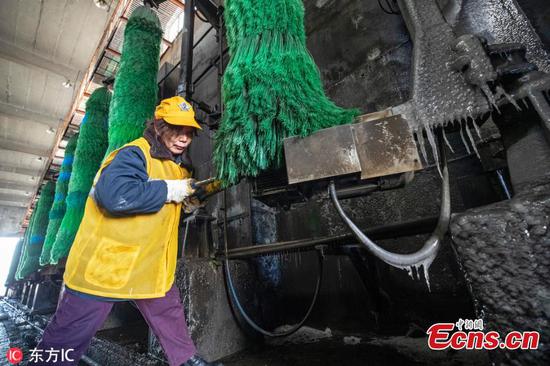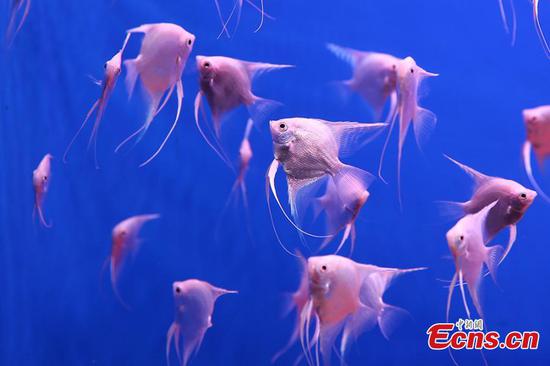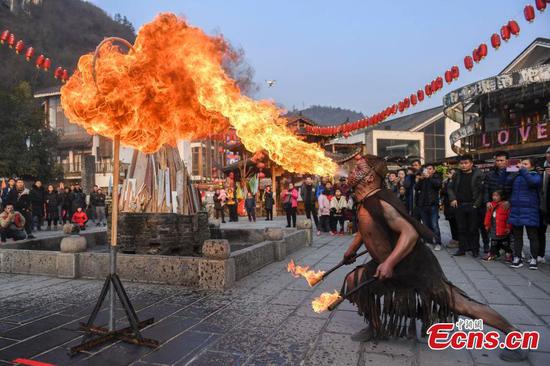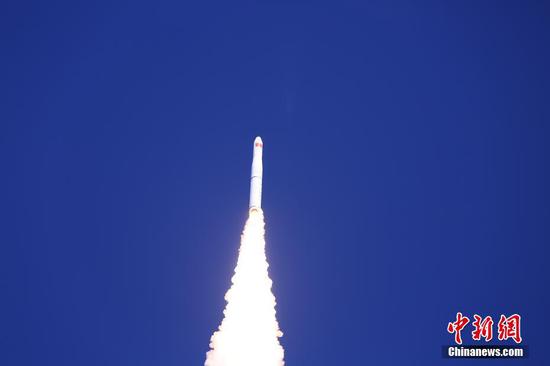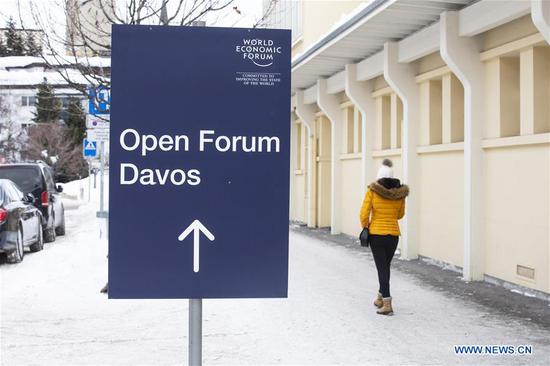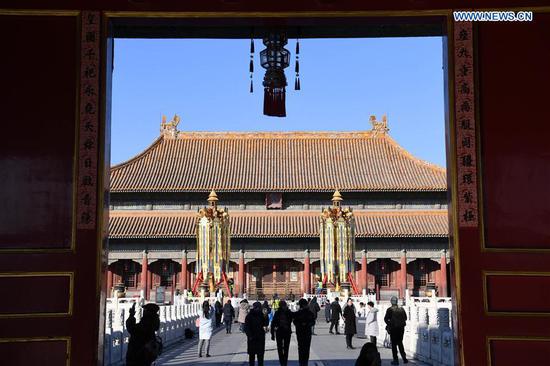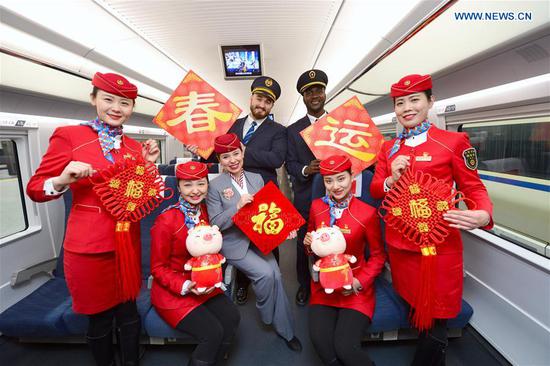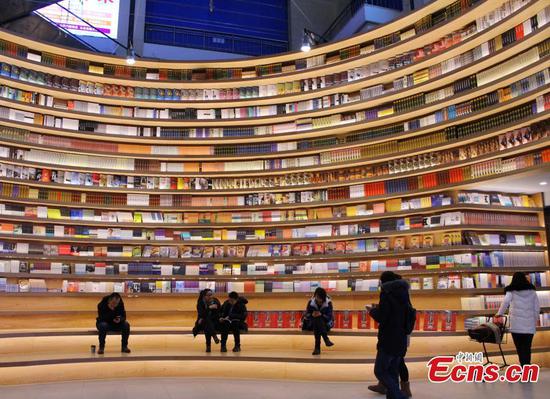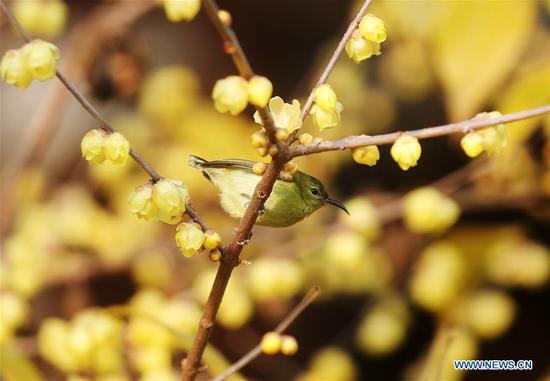U.S. Secretary of State Mike Pompeo expressed optimism on Tuesday about relations between the United States and China and the possibility that a good outcome in upcoming bilateral trade talks will ease tensions, which have escalated since last year.
"There are those who say that conflict, superpower conflict between our two countries, is inevitable. We don't see it that way. We want to find places where we can work together," Pompeo told the audience in Davos, Switzerland, via video link.
Pompeo was also upbeat about trade discussions with the Chinese delegation led by Vice-Premier Liu He, who will be in Washington on Jan 30 and 31. "I am optimistic that we'll receive them well and that we'll have a good outcome from those conversations," Pompeo said.
The messages have been seen by many as largely positive given the frequent negative rhetoric about China from senior U.S. officials.
Douglas Paal, vice-president for studies at the Carnegie Endowment for International Peace, a Washington think tank, said he thinks that Pompeo was trying to reinforce Trump's positive tweets about the trade talks. Trump tweeted on Jan 8, "Talks with China are going very well."
Paal said: "His words on seeking cooperation with China are welcome and stand in contrast with voices elsewhere in the Trump administration. The results of the coming talks are likely to be equally mixed."
The White House canceled the trip of the U.S. delegation to Davos for the annual meeting of the 2019 World Economic Forum because of the longest U.S. federal government shutdown in history. But the organizer announced early on Tuesday that Pompeo would still speak via video link in a conversation moderated by WEF President Borge Brende, a former Norwegian foreign minister.
On Tuesday, Pompeo also sounded optimistic on U.S. relations with Russia and talks with the Democratic People's Republic of Korea. Trump is expected to meet DPRK leader Kim Jong-un for a second summit in February, following their first in Singapore in June.
In his speech, however, Pompeo did point a finger at China, Russia, the DPRK and Iran and said some of their behaviors are threats.
The strains in China-U.S. relations, especially over trade tensions, have been a major concern for government and business leaders attending the Davos forum. The International Monetary Fund, in announcing its latest World Economic Outlook on Monday, listed trade tensions as a major source of uncertainty for global economic growth.
Eswar Prasad, a professor of international trade at Cornell University, said the U.S. and China now have a strong common interest in finding a path to at least a temporary truce in the trade dispute, which is exacting a significant toll on business and investor confidence in both economies.
"The trade war is not the main factor behind deteriorating economic sentiments in either country, but it undoubtedly contributes to an already uncertain and fragile economic environment," Prasad said in an email.
There are many difficult challenges that will have to be overcome for China and the U.S. to reach a deal that is acceptable to both sides, he added.
Jon Taylor, a political science professor at the University of St. Thomas in Houston, Texas, said he believes Pompeo's speech offered "a very small measure of positivity".
In his speech, Pompeo also said the course of the China-U.S. relationship will be determined by "the principles that America stands by", and said he hopes China will adopt policies consistent with those of the U.S..
Taylor said, "A win-win and lasting deal requires that the U.S. treat China with both respect and as an equal. Until that happens, any proposals are going to be difficult to be concluded."
Taylor said that given Pompeo's apparent call for China to bend to U.S. trade demands on trade and change its model of development, it doesn't appear that the trade war is going to conclude any time soon.









